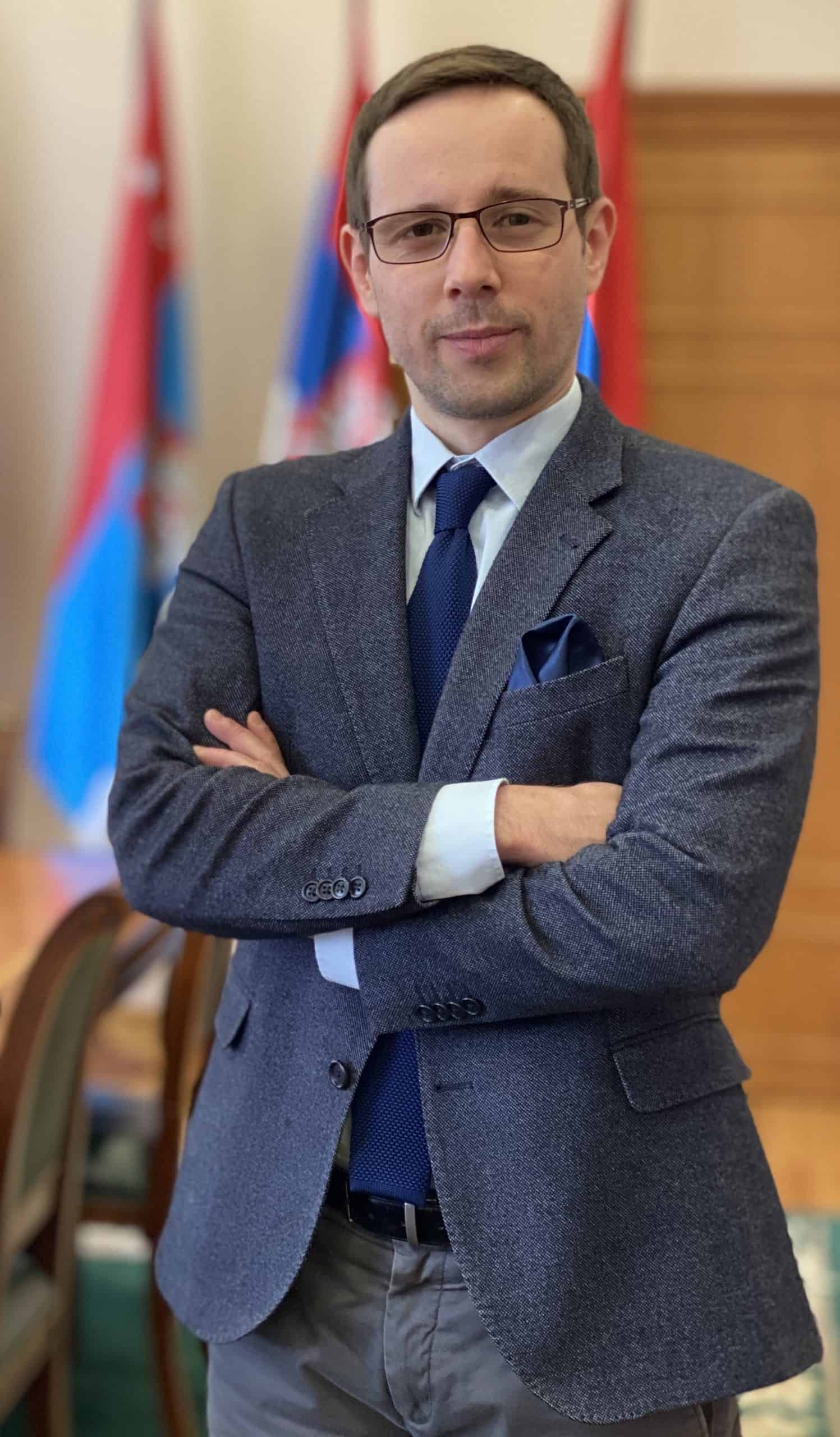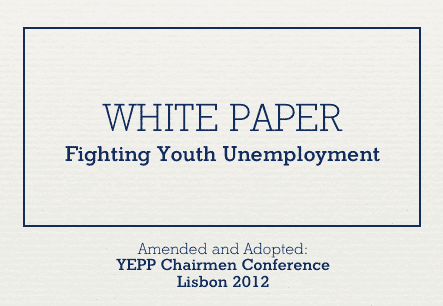Last year was probably meant to be much different than what we have been unfortunately experiencing the past 11 months. Without any warning, the world faced a horrible, historic pandemic that literarily changed our way of life overnight. We suddenly found ourselves in an open war against an invisible and unknown enemy who struck the very foundations of our modern world by imposing isolation on entire nations, leaving millions of people unemployed, devastating families, denying us some fundamental rights and planting uncertainty and insecurity deeply into our conscience.
Fortunately, after almost a year, we can see the light at the end of the tunnel. It is without any doubt that the only solution able to put an end on the pandemic, that has so far taken more than 2 million lives and directly affected more than 100 million people, is vaccination and timely production and (fair) distribution of the vaccines. In modern and democratic societies, vaccination represents one of the highest civilizational achievements and we are obliged to fight and overcome the struggle brought by different misinformation and anti-vaccination campaigns, in order to preserve prosperity, economic development and a healthy future for Europe and the rest of the world.
These challenging times forced many to concentrate on themselves, and maybe just for the time being, put aside solidarity and cooperation as some of our fundamental values. However, the only right path through this crisis is if countries work together, learn from one another and share the best practices in fighting this invisible enemy. One must recognize a very good example, I would say a “success story” in tackling the pandemic, which actually is on the very doorstep of the EU. It is the case of Serbia.
I would briefly return a few years back to the not-so-distant-year of 2012, I believe that not many people thought that Serbia would achieve such great results after only several years of reforms. Almost nine years later, despite the COVID-19 pandemic ripping many economies and healthcare systems apart, Serbia, an EU candidate country with a firm, unquestionable European perspective, proved to be an excellent example of good planning, crisis management, resourcefulness, and resilience of country’s economic and healthcare system. It was a result of responsible leadership, right policies, hard and systemic reform measures that helped Serbia stabilize its economy, decrease the GDP debt below 60% (within Maastricht criteria), cut down unemployment from 26% to 7%, and in 2018 rank (by Financial Times) as the no. 1 country in the world by the amount of FDIs in comparison to the size of its economy. After acknowledging this, it doesn’t come as a surprise that in 2020, during the pandemic, Serbia managed to become a leading country in Europe by the GDP growth rate, with the same projections for 2021 (by IMF and other relevant sources). This kind of resilience and capacities, combined with good planning, saved tens of thousands of jobs (or maybe more) in 2020 by allowing the country the possibility to create a financial package of economic measures equal to 50% of the annual budget (or 11% of GDP), in order to help entrepreneurs tackle the consequences of the pandemic.
Since the beginning of the COVID-19 pandemic, Serbia joined its international partners as part of COVAX Facility Program, a global response to the pandemic aimed toward ensuring global equitable access to COVID-19 vaccines. Unfortunately, until today, Serbia hasn’t received a single COVID-19 vaccine dose through COVAX but is of course still looking forward to it. Additionally, the country’s authorities led by President Aleksandar Vucic, made use of today’s Serbia’s much improved position and (well earned) respect to timely start bilateral negotiations with different vaccine manufacturers. This resulted with Serbia being among the first five countries to sign the agreement on vaccine procurement with “Pfizer-BioNTech” and “Sinopharm”, and the first country in Europe to start vaccination with said vaccines. Serbia has shown great capability and resourcefulness which resulted in not just one, but three different COVID-19 vaccines, including “Sputnik V”, being made available to its citizens, with the option to personally choose which they want to receive. But Serbia hasn’t stopped there. The authorities continue to work intensively to procure additional vaccines from other world manufacturers which are safe and efficient. Bearing in mind that Serbia is a leading country by the number of vaccinated people in Europe (per 100 people), and fourth in the world (just behind Israel, UAE and UK), it deserves to be commended as a “success story”.
Additionally, since the beginning of the pandemic, Serbia’s healthcare system proved to be quite efficient and well organized. Recently, the country managed to build two new hospitals, thus significantly enlarging the capacities for new patients. Also, they have created one of the most efficient e-Service systems in Europe, which guarantees reliable and precise monitoring and successful managing of the whole vaccination process. Taking these achievements into account, it is fair to acknowledge the work done in fighting the pandemic. Furthermore, it is encouraging to see the “extended hand” and readiness to share experience and actually provide help to its neighbors and other international partners, because in a crisis like this, solidarity and cooperation go a long way.
To conclude, as rightfully said by some European leaders, the last day before the pandemic will not be the same as the first day after the pandemic. The world is changing rapidly but what I believe everyone learned from this global crisis is that we need to be prepared for future challenges and overcoming them will only be possible through joint action and cooperation. I believe we all can agree that the hardest lesson learned from this horrible pandemic is that human life has no alternative. Vaccination is the only sustainable path in overcoming the pandemic and returning to our normal everyday lives. We must trust in science and the vaccine. I use this opportunity to appeal to everyone, especially young people, to do the same. Don’t forget to stay safe and keep others safe too.






